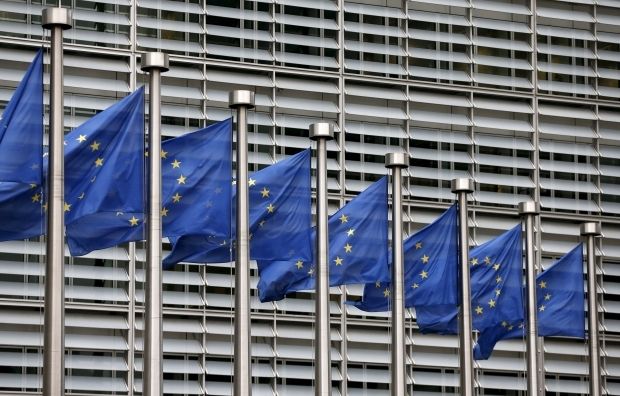
New laws will be announced by the end of the month that will crack down on the ability of fighters to access weapons, while broadening the number of activities related to terrorism, Deutsche Welle wrote.
The EU's proposals include a ban on certain semi-automatic firearms, tighter laws on buying weapons online, common rules to mark and trace weapons throughout the EU and better information sharing between member states.
Other actions that will be punishable under the new legislation include traveling for the purpose of carrying out a terrorist act, facilitating travel or receiving training to carry out an attack.
Those who travel out of the EU and return to take part in mass killings will be treated as foreign fighters.
"This will harmonize crystallization of offences linked to terrorist travel, passive training, financing and facilitation of such travel to address the phenomenon of foreign fighters," EU Migration, Home Affairs and Citizenship Commissioner Dimitris Avramopoulos said in a news conference.
The commission also proposed EU-wide standards for the deactivation of firearms, to ensure that the process is irreversible. At present, deactivated firearms are not classed as weapons, but as "pieces of metal" that can freely move across Europe. Many have been used in attacks, EU officials said.
The establishment of an EU-wide system to store airline passenger data is also being planned after data protection concerns were overridden by the attacks on the offices of satirical magazine Charlie Hebdo in Paris in January.
The commission now hopes to reach a deal with the European Parliament and member states by the end of the year on the so-called passenger name records (PNR) system. France has insisted that the passenger lists must include those traveling on inter-EU flights. The move comes after French police said the attacks in Paris were linked to a militant cell in Belgium that was in contact with the self-proclaimed "Islamic State" (IS) group in Syria.
Avramopoulos added that the Commission is also looking to introduce stricter controls to rein in the financing of terrorism.
It is hoped the EU-wide legislation will be developed into national laws across the 28-member bloc, which could be enacted early next year.

